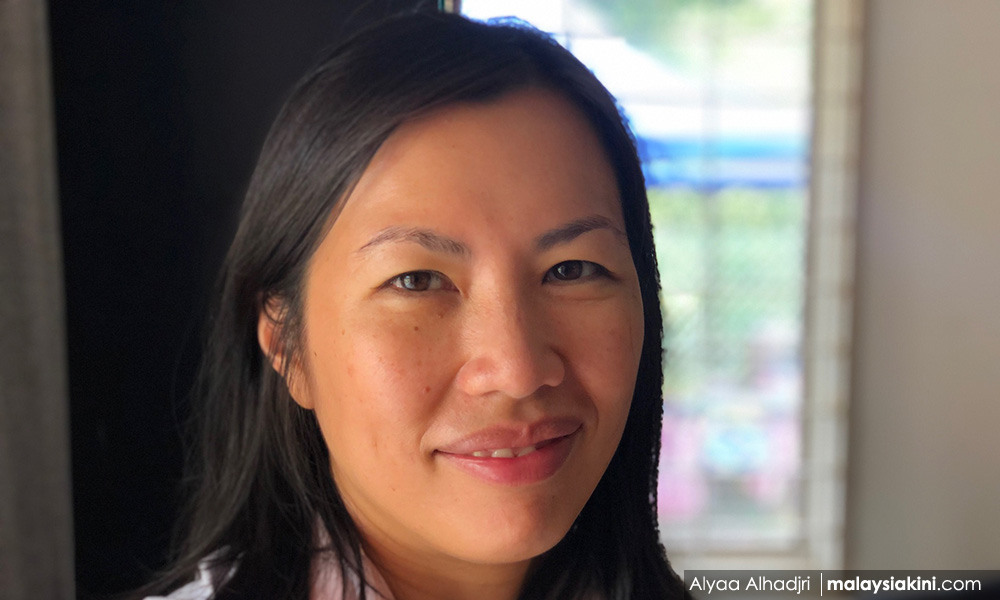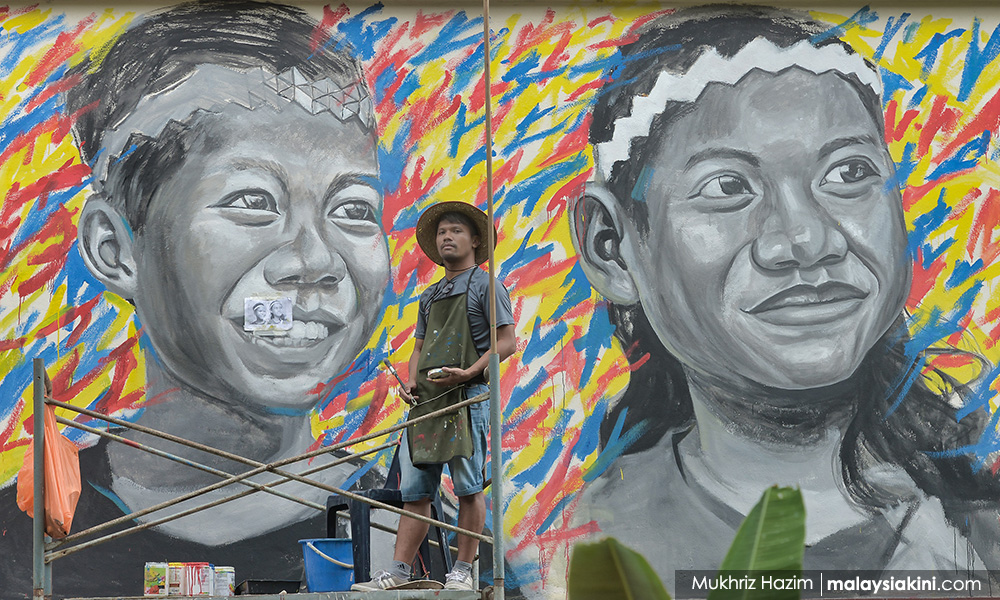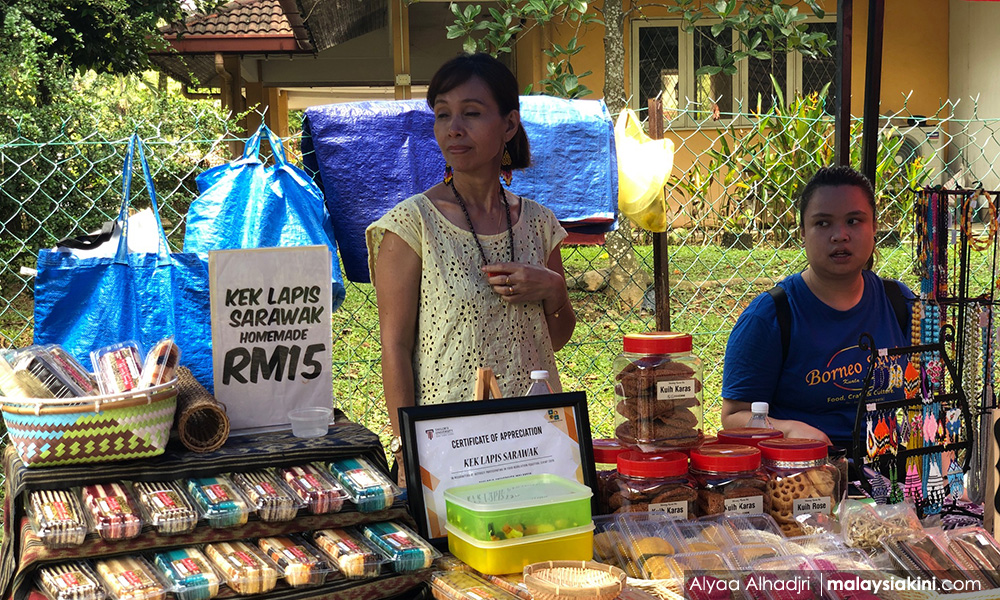
Exploitation of indigenous arts and culture is rampant, even by people with good intentions to assist their community, a forum heard today.
Air Asia Foundation executive director Yap Mun Ching (above) said this was partly based on her personal experience evaluating grant applications submitted by social enterprises over the past eight years.
"The issue (of exploitation) is very, very wide spread, but not clear-cut," said Yap, a panelist at a forum on exploitation of indigenious arts in Petaling Jaya.
She noted that ethical concerns which must be considered include how requests for grants to promote indigenous crafts would actually benefit the community.
In evaluating applications from social enterprises that sell indigenous crafts, Yap said questions to be answered include the grant applicants' input to the community from where their products are sourced.
"Who are you training? What are you training them for?
"What is your input in the crafts? How are you paying them?" she said.

Orang Asli artist Shaq Koyok (above) also related his personal experience dealing with art galleries that exhibited his works and took a large cut out of any paintings sold.
"For example, a painting sold for RM3,000, they (gallery owners) will take RM1,500.
"It really bothers me that many artists just stay silent," said Shaq during the forum hosted by Universiti Malaya's Centre for Malaysian Indigenous Studies (CMIS).
CMIS head Dr Welyne Jeffrey Jehom, meanwhile, said her ongoing work related to preservation of the Iban Pua Kumbu textile has also uncovered exploitative practises to the extent of weavers being denied a fair share of profits for their efforts.
So much so Welyne said, her subsequent project to set-up a community-based enterprise that markets the Pua Kumbu often made a loss, but admitted that she was "happy to lose her money" in such instances.
"I believe every social enterprise starts with a good intention, but somehow they lose it along the way," said Welyne who lectures on Anthropology and Sustainable Development at UM's Department of Anthropology & Sociology.
On the other hand, she said there were also those with a purely business mindset had been found to re-sell a traditional bookmark sold by an Orang Asli community for RM2 at a "1,000 percent profit" of RM20.
Orang Asli's life a commodity
Beyond cashing in on Orang Asli's arts and crafts, Yap also noted a growing number of social enterprises seeking grants for projects supposedly aimed at assisting their community, but done without any real consultation with the target recipients.
"The entire way of how the Orang Asli live is now a commodity," she said citing examples of companies charging to organise short visits that allow outsiders to experience the communities' supposed way of life.

She pointed out that a failure to engage with the targeted community would result in a false sense of achievement for a project, for instance, new houses that ended up being abandoned as they do not meet the community's needs.
Shaq said the Orang Asli community does not benefit from outsiders' visits to see them.
"They just get their photos taken by the visitors.
"Sometimes they don't want to welcome these people to their homes," he said.
Quizzed by an audience member on his views for a solution to the exploitation, Shaq stressed the importance of engaging with the community leaders and members before embarking on any projects.
He also said people who wish to support such projects, or purchase indigenous people's crafts, should ask questions to verify whether it would indeed benefit the community or otherwise. - Mkini



No comments:
Post a Comment
Note: Only a member of this blog may post a comment.